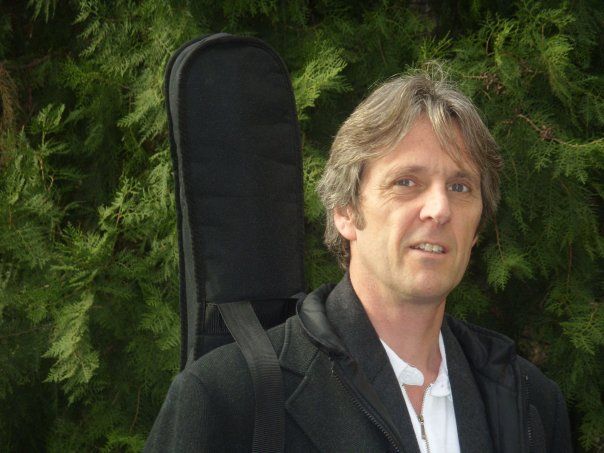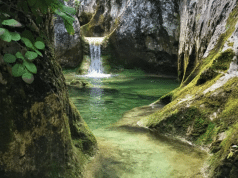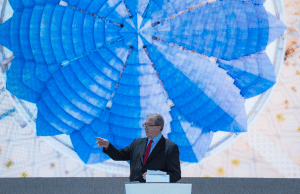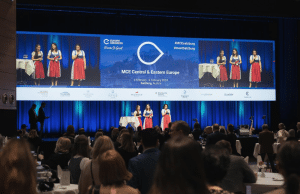Why, actually, do people organize meetings? Let me start answering this question by referring to a recent experience. It concerns a training I did last year in a prestigious Amsterdam hotel. My counterpart in the hotel was the banquet manager (why on earth??), a kind and conscientious young man of around 28. He seemed convinced that me and my group would be unable to properly manage our coffee breaks. With Swiss punctuality, he quietly entered the meeting room twice a day to ensure that we wouldn’t forget having coffee.
Maybe it is not entirely clear how the initial question and this experience connect, so let me explain my thoughts. I believe the Meeting Industry is affected by a colossal misunderstanding. This misunderstanding is about the very reason why the whole sector exists. The point is that most people seem to think that meetings are about coffee and venues, buses and airplanes, hotels and meeting rooms, food and microphones, in short, about logistics. I am firmly convinced it is NOT.
Meetings are about the opportunities the Meeting Industry offers participants to get together physically (or even remotely) to experience a shared process that will allow them to achieve one or more objectives. That happens by means of a whole range of physical, even chemical processes. It is true that it is necessary to create the right circumstances and environment for those processes to take place. Meeting participants need to travel, eat, drink and sit, etcetera. But that is NOT what meetings ultimately are about, it is not what I would call their “primary process.”
Meeting participants should not be coming for the lovely food, the fascinating venue or the enticing swimming pool. They should come to the meeting because there is an enticing programme, with fascinating content that helps to achieve important results during and after the meeting: get vital new knowledge, exchange important ideas, get to know new and relevant other people. THAT is their primary process.
So what is wrong if people are attracted by glorious landscapes, delightful food and pristine beaches? The Meeting Industry has always worked this way and while going about it, everybody has had a great time (participants and professionals alike). Well, there is nothing wrong as long as we all aware that these motivations are accessory and treat them as such. The moment we think that this is really all that meetings are about, we risk loosing our ‘license to operate.’ The Meeting Industry is then confused with tourism. And that means meeting professionals will have an increasingly hard time convincing the rest of the world that meetings are an essential part of the communication mix that allow organisations to do their work. Whether private, government or association.
Unfortunately, it is easy to confuse the Meeting Industry and the Tourism Industry. They both use the many of the same facilities and people. However, not all those who use a hammer are carpenters. Some may also be blacksmiths and maniacs!
My work is Meeting Design; what I do is making meeting programmes: I mix together the content, the expectations of future participants and the objectives and desired outcomes of the organiser (who I call “meeting owner”) and make sure that during the meeting the right things happen to achieve those objectives.
Although I am very much aware that it is difficult to achieve outcomes under second-rate circumstances, I insist that ultimately logistics is not what meetings exist for. They are vital but complementary to the real primary process. And the primary process takes place INSIDE the meeting room. In order to remain viable, the Meeting Industry must gain a much firmer grip on the primary process.















